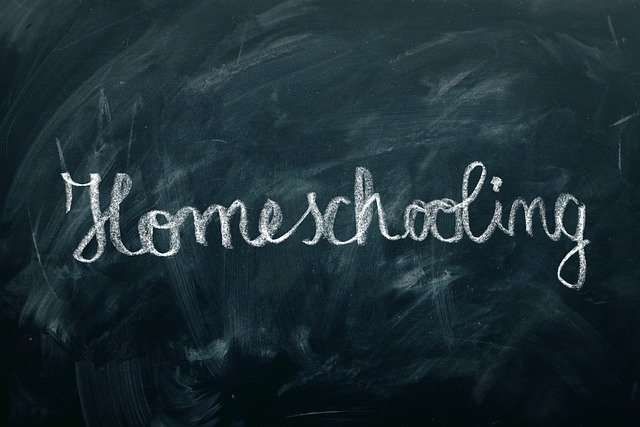At the beginning of your homeschool journey, it may seem like home schooling is just too difficult or complicated, or takes too much time. It can also seem overwhelming - where do you start? If you want to home school but are not sure where to begin, here are some tips that may help.

Talk to other home schooling families. Try to talk to a variety of home schoolers, so that you can see how home schooling works for different lifestyles and family groups. Search with Google for home schooling groups in your area. There are many home schooling groups on Facebook where you can connect with other parents.
Look online for tutorials and literature. There are e-books and YouTube videos that discuss the topic of getting started with home schooling.
Familiarize yourself with your local laws and requirements. Your local board of education should be able to help you in this regard. Most communities require a "letter of intent" or some sort of official statement declaring that your child will be home schooled in the upcoming year.
You will usually need this at the age that kindergarten starts in your area. Often, the rules and regulations are county based, so investigate on a local level what you need to do.
Join home schooling organizations like co-ops and online communities. There may be a "main" group to which most home schoolers in your community will belong, and you can find out online or when you talk to them. Ask your local board of education for recommendations.
Choose a curriculum that is right for your child. This is where many would-be home schoolers get stressed out! But it does not have to be stressful. Think about what makes your child "tick" - if your child enjoys stories and reading, there are curricula that are based on children's classic literature. There are also more "traditional" types of curricula that are fairly structured. Some curricula are based on social studies and geography, others are based on reading.
Don't worry if you don't pick the "perfect" curriculum right off the bat. You can always change. It's a good idea to start small and maybe avoid purchasing a big, expensive curriculum right away.
Keep good records of your child's schooling. Get some kind of system set up - it does not have to be elaborate. Planners and worksheets are useful for keeping these records. It is important to have an organized system and to record all the necessary info. Talk to other parents and to your Board of Education. At the high end, you can get an entire system of computer software to track your child's progress.

How you keep your records will be affected by your local laws, because different regions have different requirements for tracking a child's progress. Some areas require a portfolio, which is a collection of your child's work in various subjects, and others require standardized testing. Some regions give you a choice.
Last but not least, set up an area where your schooling will take place. This can be the kitchen table, a special chair, or an entire room. You need good lighting and freedom from distractions. It's a good idea to have a set time and area in the house where you do your home schooling. It helps set the mood and enhance concentration when the time and place are somewhat scheduled.
With just a little effort, you can address all these points and be off on a successful homeschooling adventure!


